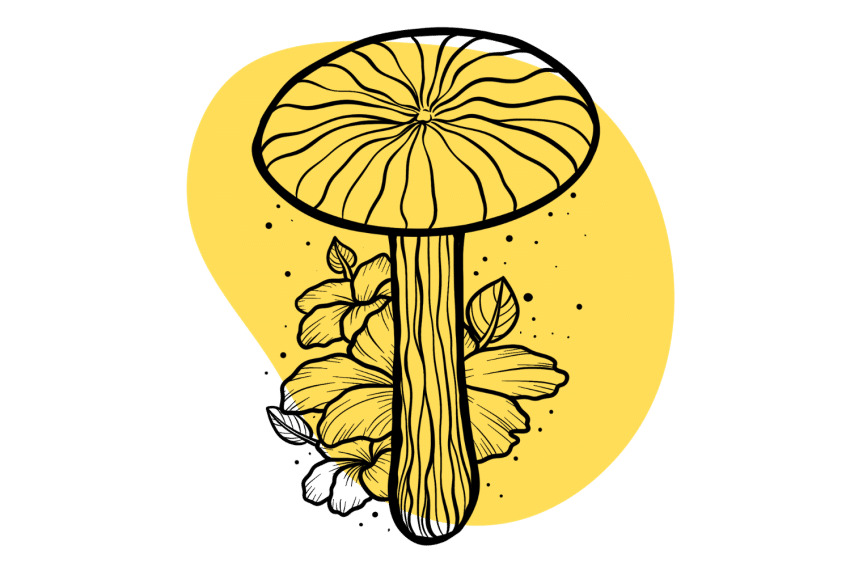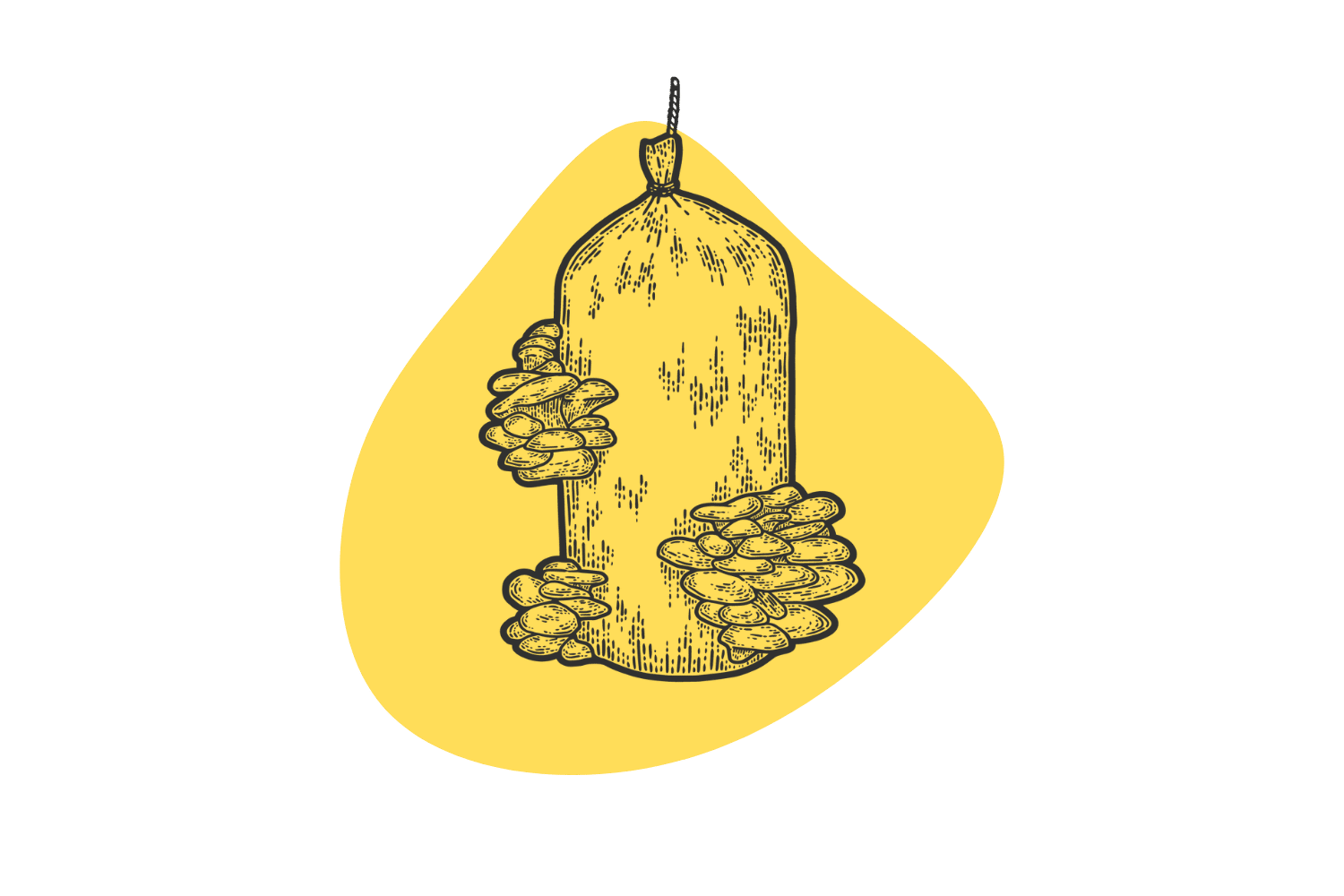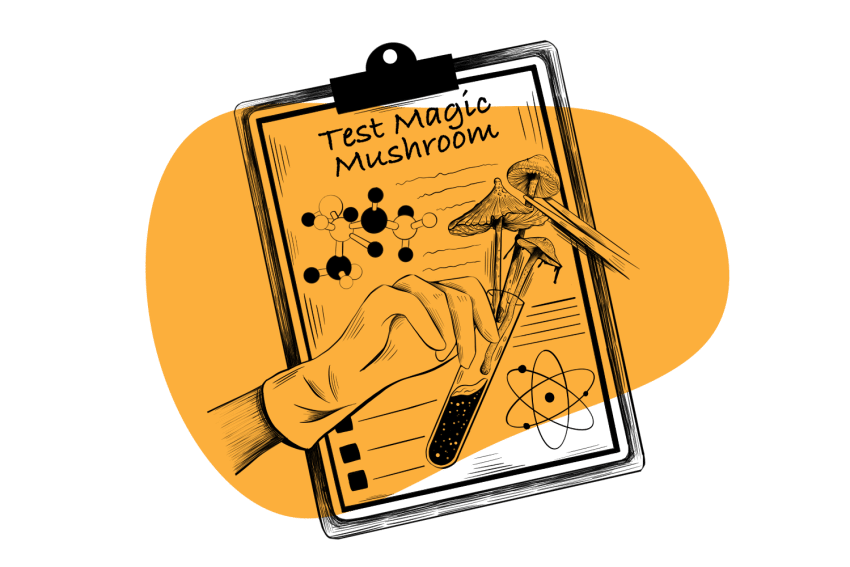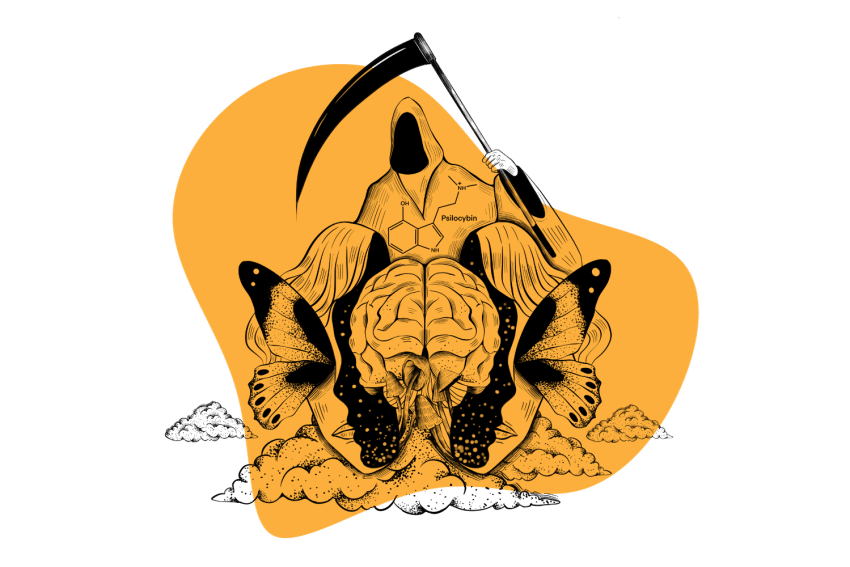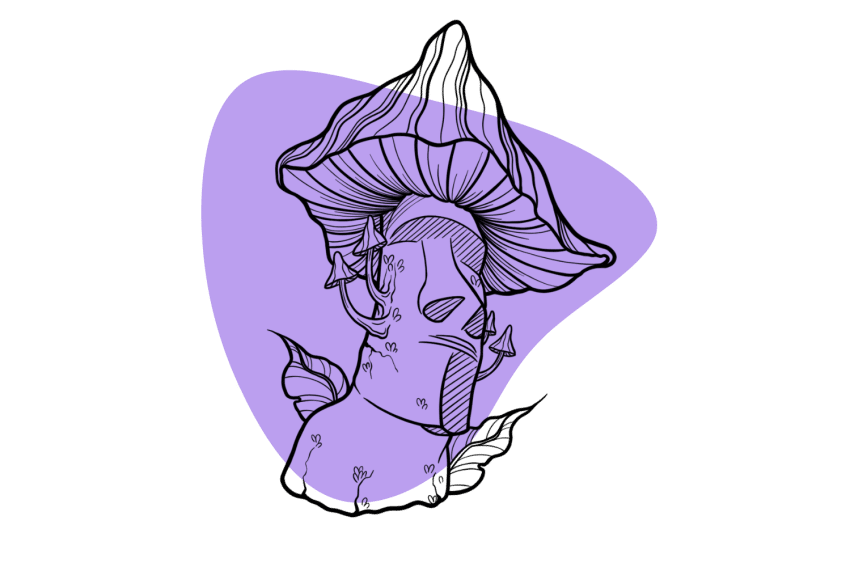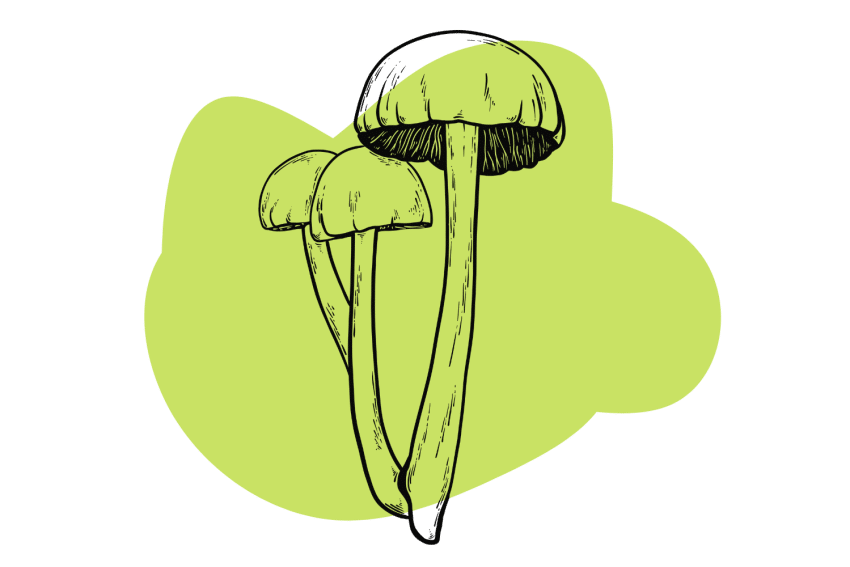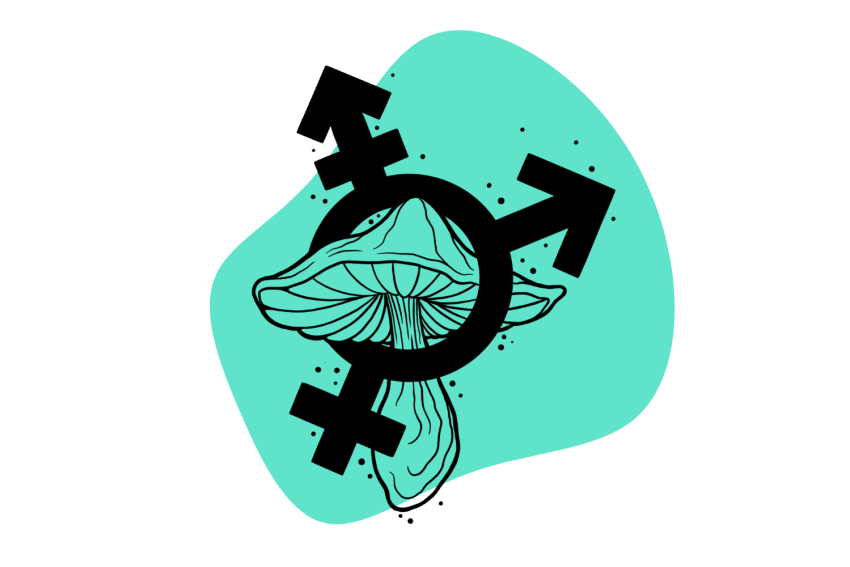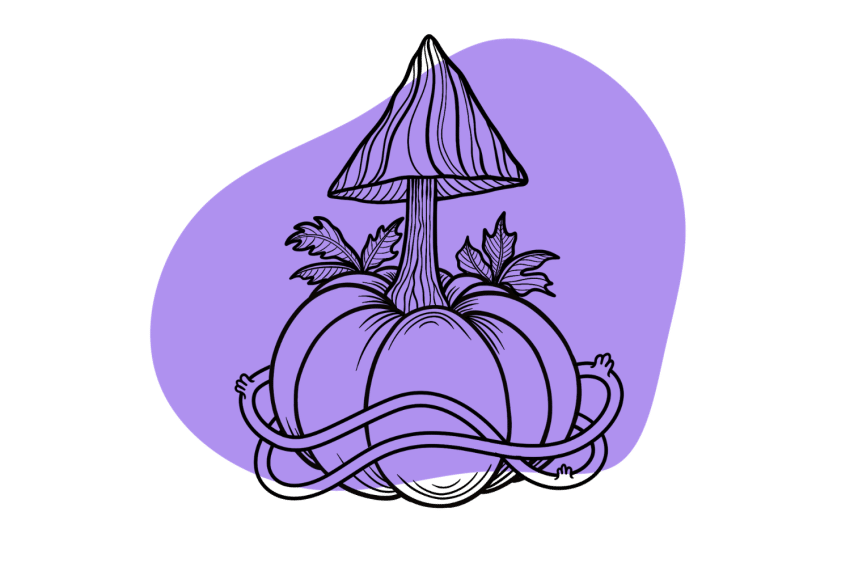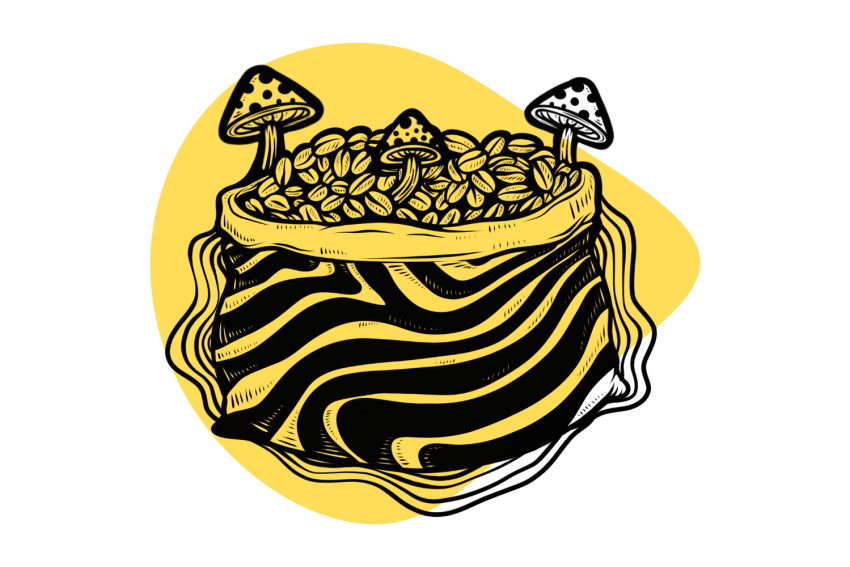Magic Mushrooms: Decriminalization a Hit With Detroit Voters
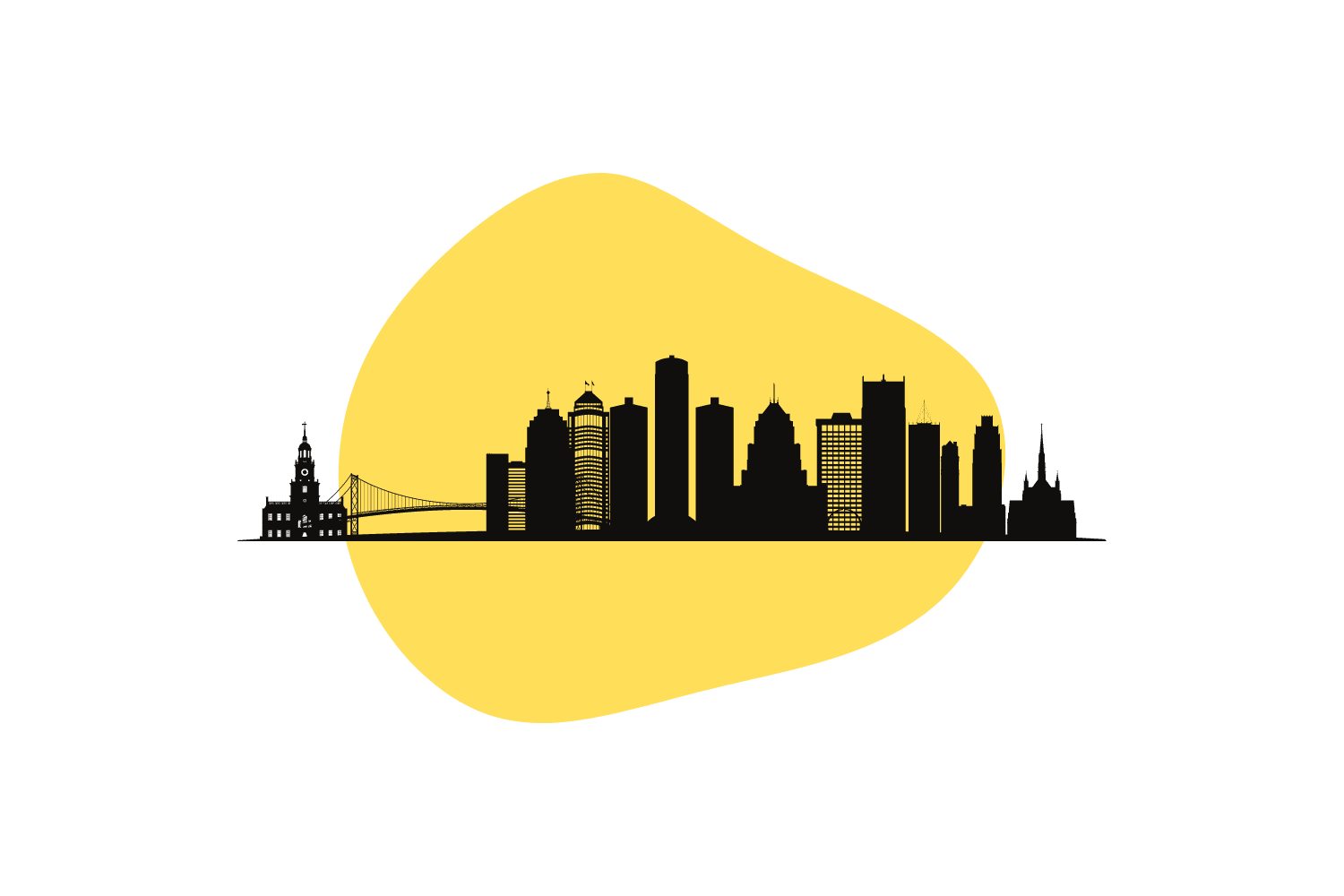
The turnout may have been dismal — only 93,692 of 502,067 registered voters — but the victory was decisive. The results were 61.08% to 38.9%, making Detroit the second Michigan city to decriminalize entheogenic plants and fungi. The first was Ann Arbor in September 2020, and Hazel Park has since joined the fold.
Detroit ballot Proposal E makes personal possession and the medical and religious use of entheogenic plants by adults the city’s lowest priority for law enforcement.
This article discusses the particulars and ramifications of Proposal E and the future of statewide decriminalization of entheogenic plants in Michigan.
What’s In the Proposal?
Proposal E reads: “Shall the voters of the City of Detroit adopt an ordinance to the 2019 Detroit City Code that would decriminalize to the fullest extent permitted under Michigan law the personal possession and therapeutic use of Entheogenic Plants by adults the city’s lowest law-enforcement priority.”
The answer was a resounding “yes”, though only 18% of those eligible actually voted.
However, to those backing the proposal, a win is a win. The low turnout was not attributed to the proposal; Detroit has struggled with voter apathy for decades. Incumbent Mayor Mike Duggan was also on the ballot and was re-elected to a third term.
Entheogenic Plants Covered by the Proposal
Entheogens are plants and fungi found worldwide that contain naturally-occurring psychedelic compounds and have been used by native and indigenous cultures for religious ceremonies and medicinal purposes.
Entheogens covered by the proposal include:
1. Magic Mushrooms (Psilocybin & Psilocin)
According to Matthew W. Johnson, Ph.D., a professor of psychiatry at Johns Hopkins University, “The most promising potential (for psilocybin) is for addiction — smoking, alcoholism, cocaine.”
The U.S. Food and Drug Administration has granted psilocybin “breakthrough therapy status” for its potential to treat major depressive disorder (MDD). Breakthrough therapy allows researchers to expedite drug development after preliminary evidence shows it “may demonstrate substantial improvement over available therapy.”
Psilocybin, the active ingredient in magic mushrooms, is documented to be beneficial in treating:
- Depression
- Existential anxiety
- Cluster headaches
- Addiction
- Obsessive-compulsive disorder
- Cognitive decline in Alzheimer’s patients
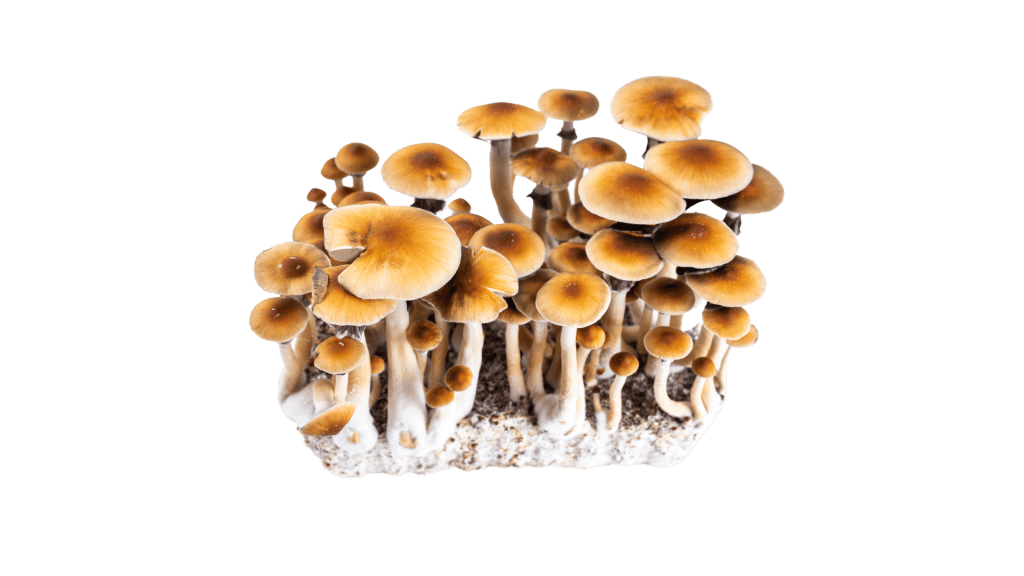
2. Iboga
Research and studies show that ibogaine, a compound from a shrub in central west Africa, can effectively treat alcohol and drug addiction. It also may help reduce withdrawal symptoms, ease cravings, and lower the risk of relapse.
Other potential medical uses include:
- Fevers
- Depression
- Seizures
- Migraine headaches
- Eating disorders
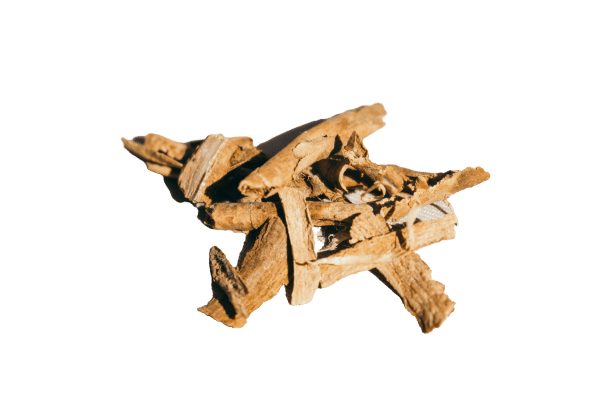
3. Ayahuasca
Ayahuasca is a concentrated liquid usually made by prolonged heating or boiling the Banisteriopsis caapi vine with the leaves of the Psychotria viridis shrub. However, it can be made with any plant containing DMT and one with MAO-inhibiting abilities.
Various other plants can be added to the brew for different traditional, religious, and medical purposes.
Potential medical uses for ayahuasca include treatment for:
- Cocaine addiction
- Alcoholism
- Opioid use disorders
- Depression
- Anxiety disorders
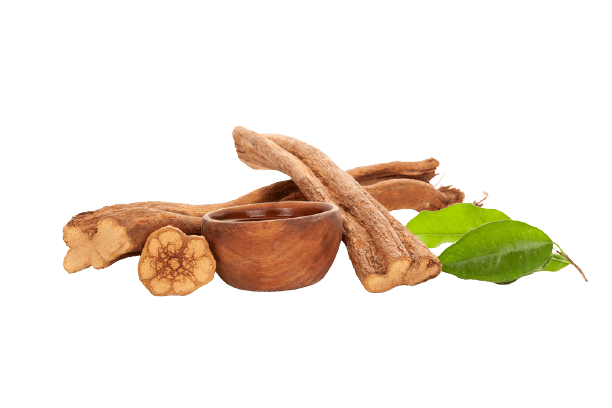
4. San Pedro & Peyote (Mescaline)
Mescaline, a naturally-occurring psychedelic compound found in some cacti — including the Peyote cactus — was originally on the list.
However, the city council voted at a meeting in September 2021 to remove peyote and other mescaline-containing cacti due to pushback from indigenous and native cultures.
Peyote is already legal to certain groups for religious use, and it’s thought that decriminalizing these sacred cacti would lead to their decreased availability and further removal from their natural habitats.
Proposal E only applies to entheogenic plants. Synthetic psychedelics such as LSD, MDMA, bath salts, and other man-made alternatives to naturally-occurring psychedelic compounds are not included.
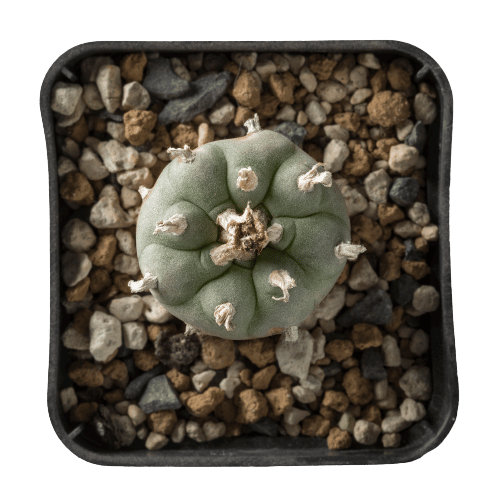
Decriminalization vs. Legalization
Decriminalization is not legalization. Psilocybin and entheogenic plants listed as Schedule 1 Controlled Substances under Michigan and federal law are illegal to possess or use and could result in a federal drug charge.
Proposal E does not change their legal status and does not decriminalize the sale of entheogenic plants in the city.
Proposal E relegates the possession and use of entheogenic plants to the lowest priority for law enforcement and prosecution in the city. The Detroit Police Department has been instructed to cease investigations and prosecutions of individuals who possess and use them.
Decriminalization: Early Progress Report
Psychedelics are considered relatively safe and non-habit forming. According to the Drug Policy Alliance, psilocybin mushrooms are considered “one of the least toxic drugs known.”
However, opponents of decriminalization mainly argue that fewer penalties will lead to an increase in drug use and crime and become a financial burden on the city.
But according to statistics from Denver, the first city to decriminalize psychedelics in 2019, these fears may be unfounded. Data from the Denver District Attorney’s office shows that they have processed only 47 cases related to psychedelic mushrooms since they were decriminalized.
Also, according to the Denver Psilocybin Mushroom Policy Review Panel, “decriminalizing psilocybin mushrooms in Denver has not since presented any significant public health or safety risk in the city.” The panel has recommended further easing laws governing psychedelic mushrooms, researching psilocybin for possible use in mental health therapy, and training Denver’s first responders to better react to a psychedelic crisis.
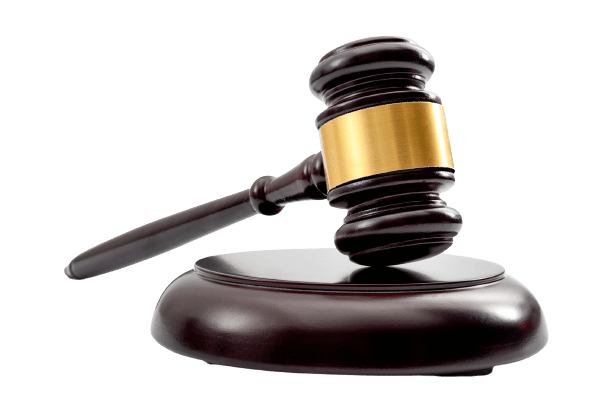
Where Can I Buy Magic Mushrooms In Detroit?
Magic mushrooms are not for sale in Detroit. Psilocybin, the psychoactive agent in magic mushrooms, is on the federal Schedule 1 Controlled Substance list and is not yet legal in Detroit.
Cities and states have the autonomy to decriminalize magic mushrooms, but that does not affect their legal status at the federal level. However, the government usually doesn’t step in and interfere with the state’s decisions in this regard.
So far, Oregon is the only state where magic mushrooms have been legalized for therapeutic use.
However, you can buy magic mushroom spores since they do not contain psilocybin — but be aware that growing them is illegal.
Growing Your Own Magic Mushrooms
It’s surprisingly easy to grow magic mushrooms at home — providing you (and your friends) with a steady supply of now-decriminalized psychedelics. Here are some of the ways people are growing shrooms at home.
Magic Mushroom Grow Kits
The mushroom grow kit is the simplest way to grow your own magic mushrooms and comes with everything you need, plus detailed instructions.
The basic kits start at around $50, but more sophisticated kits can cost as much as $400. It takes about 4-6 weeks to produce magic mushrooms, depending on the species.
There are some significant advantages to using a grow kit. Most notably:
- Low maintenance — Add the spores, place the kit in a well-lit area away from direct sunlight, and mist with water 1-2 times daily.
- Safe — Mushrooms grown from a kit purchased from a reputable dealer are inherently safer than picking them in the wild. Many wild mushrooms are deadly.
- Cost-effective — One-eighth of an ounce (3.5 grams) of magic mushrooms is considered an “average” dose. Depending on supply and demand, this can cost $20-$40. A spore syringe or print can yield up to 50 grams or more of magic mushrooms, giving you a considerable return on your investment.
Mushroom kits, however, do have some drawbacks:
- Limited Production — Kits can produce several harvests if you follow the instructions carefully. However, growing them from scratch can produce considerably more.
- Poor quality — You could end up with nothing to show for your hard work if you don’t buy your mushroom kit from a quality vendor.
- Old mycelium — Mycelium is the living organism that produces mushrooms. Make sure you purchase a fresh, high-quality kit to ensure the mycelium is still alive.
Grow kits are susceptible to molds and fungi that can destroy or contaminate the mushrooms. Purchasing from a reputable vendor will reduce the risk.
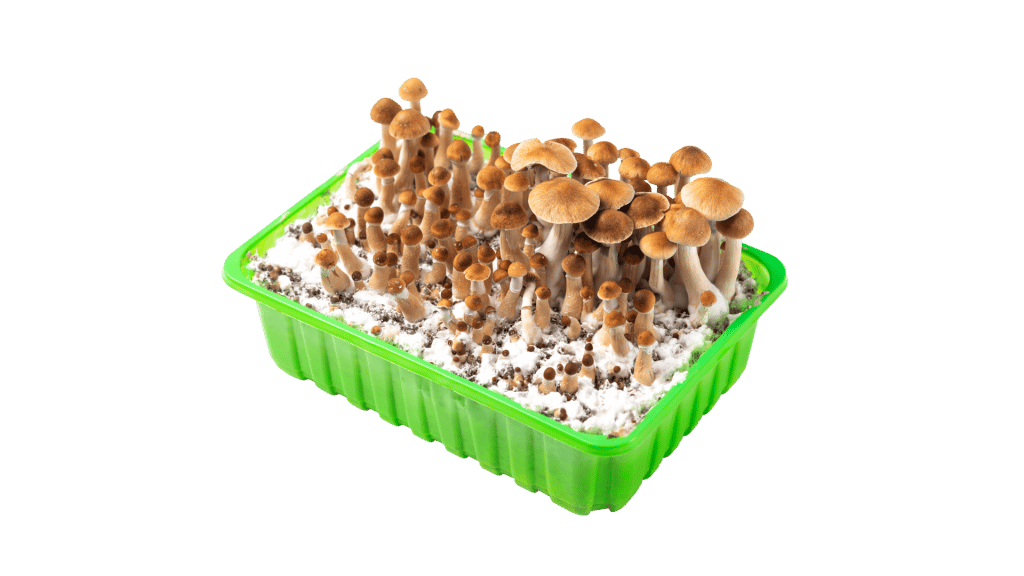
Growing Magic Mushrooms From Scratch
Check around your house, and you’ll likely find many of the things you need to grow magic mushrooms. However, you might need to invest at least $200 in the project.
The process of growing them from scratch is easy, but it’s not simple. Find a reliable source and follow the detailed instructions to ensure a good harvest.
There are five basic steps to growing magic mushrooms from scratch:
- Step 1: Preparing the Substrate — The substrate is the material that the mycelium, which produces the mushrooms, feeds on. It can be made from a variety of substances but usually consists of vermiculite or sawdust, water, and brown rice flour.
- Step 2: Inoculation — Apply the spores from the spore syringe or spore print to the substrate.
- Step 3: Incubation — An incubator is not absolutely necessary for this step. Any warm area of the house with a consistent temperature will suffice. However, an incubator expedites growth and increases yield. You can build one for about a $30 investment in materials or purchase one starting at around $40.
- Step 4: Fruiting — This step involves creating the ideal environment — temperature, humidity, light, etc. — for the mycelium to produce mushrooms.
- Step 5: Harvesting and Drying — You can use a dehydrator on the lowest setting, but it is best to allow them to dry naturally for a few days.
The process can take four to eight weeks from preparation to harvest. The biggest advantage to growing them from scratch is you have complete control over the quality. There’s a lot of information online about how to grow mushrooms from scratch, but not all of it can be trusted. For your safety, make sure your instructions come from a reliable source.
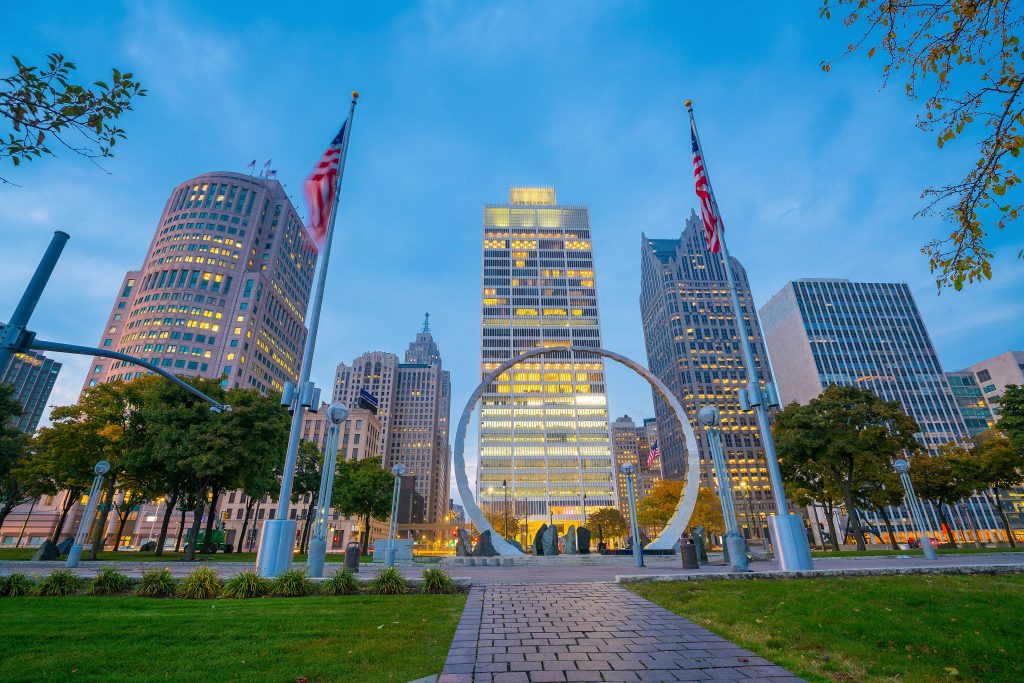
Next Stop: Decriminalization State-Wide
Now that Detroit has voted to decriminalize natural psychedelics, Michigan State Senator Adam Hollier (D-Detroit) says he hopes the state legislature “will quickly adopt the legislation we have to decriminalize these natural psychedelics.”
In September 2021, Hollier and fellow state senator Jeff Irwin (D-Ann Arbor) introduced a bill to decriminalize the manufacture, possession, delivery, and use of entheogenic plants and fungi statewide. The bill also allows for the usage of entheogenic plants and fungi for research. Commercial production and sale would still be prohibited. It is now waiting in the Judiciary and Public Safety Committee.
In February, the Michigan Board of Canvassers approved a ballot initiative that asks Michigan voters to decriminalize entheogenic plants and fungi. The “Michigan Decriminalization of Psilocybin Mushrooms and Other Plants and Fungi Initiative” seeks to have Michigan open up its laws to allow for the use of naturally occurring psychedelics.
Keep your eyes posted for updates on the latest news.

